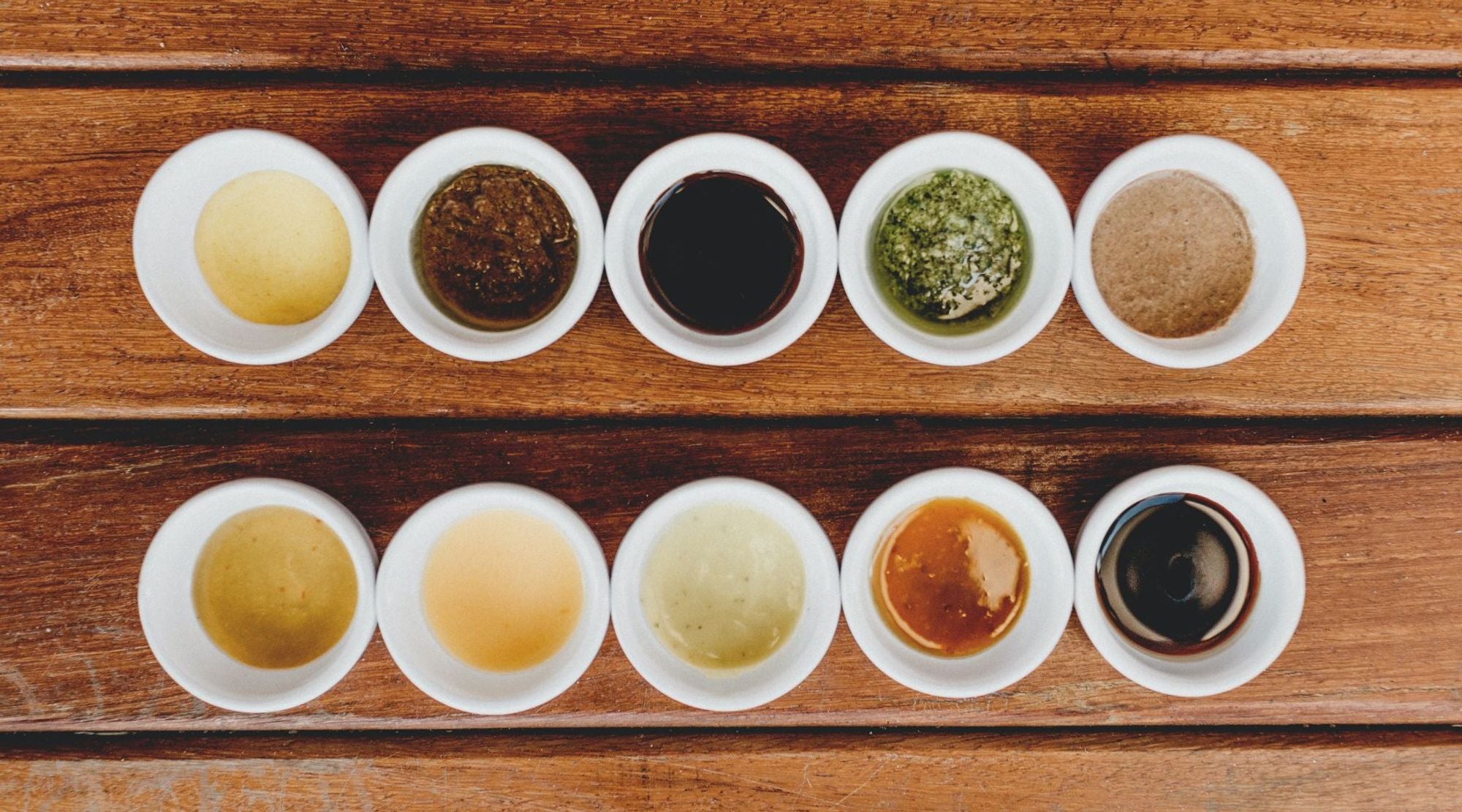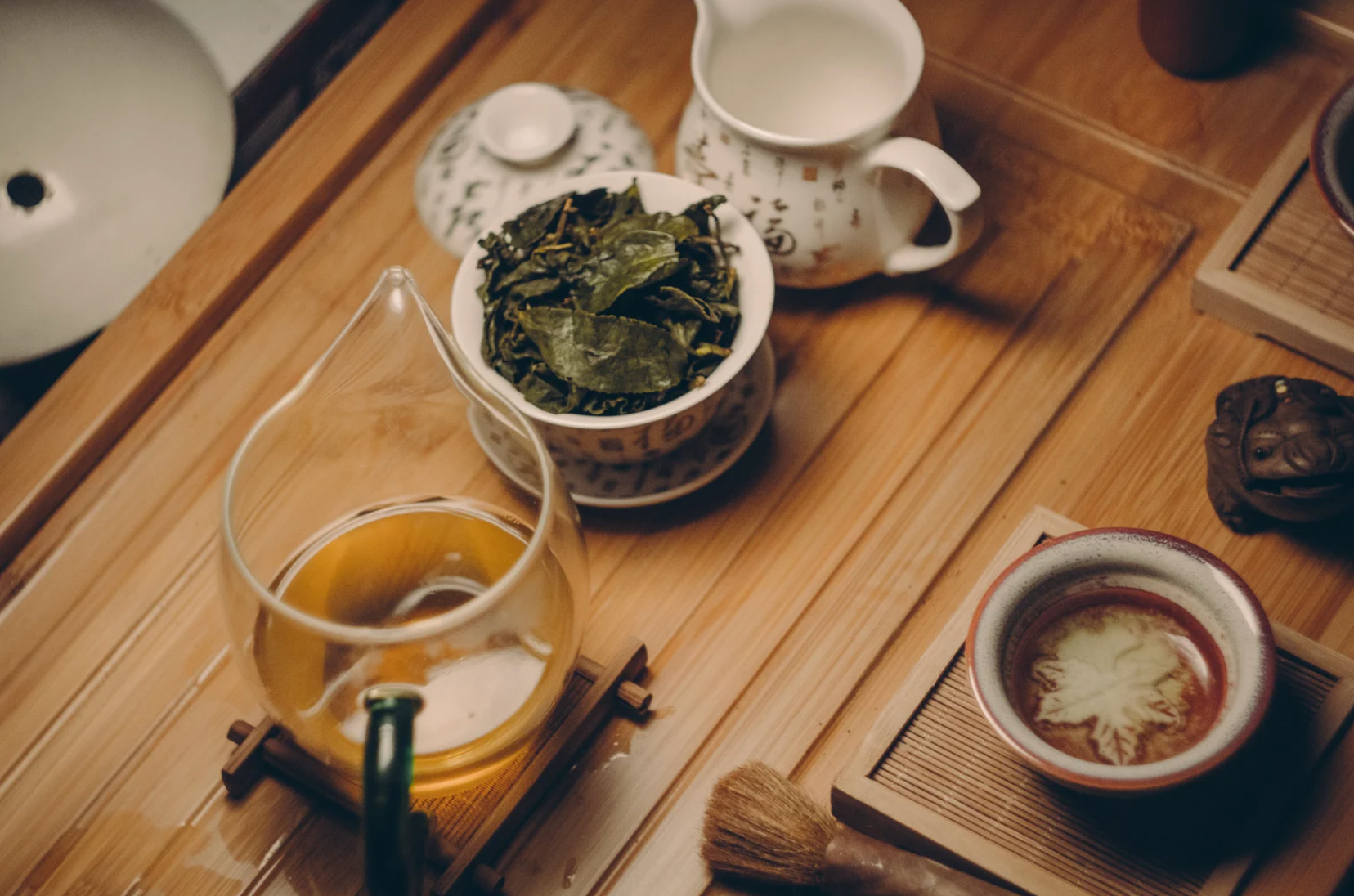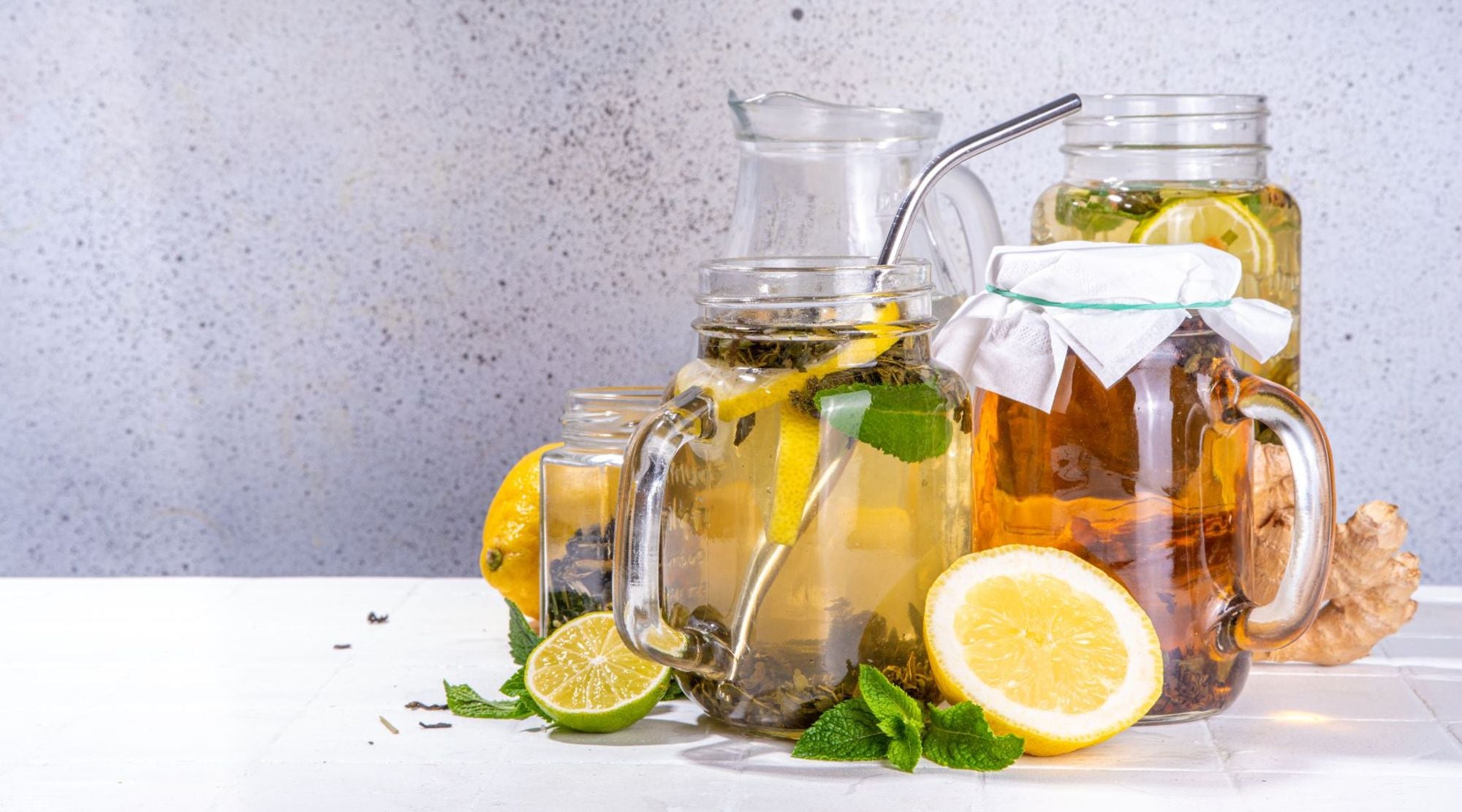
Which Tea is Healthiest? A Guide to Finding Your Perfect Brew
Tea – it’s like a warm hug in a cup, a morning pick-me-up, and sometimes, a much-needed afternoon escape. But with so many types of tea out there, you might be wondering, which tea is healthiest? Fear not, my tea-loving friend; we’re about to embark on a delicious journey to discover the health benefits of different teas, so you can find your perfect brew.
Why Tea is More Than Just a Drink
First things first, let's talk about why tea is so beloved. Beyond its comforting aroma and soothing warmth, tea has been cherished for centuries for its potential health benefits. Whether you're sipping on green, black, oolong, or herbal tea, each variety offers unique properties that can contribute to your well-being.
Tea is loaded with antioxidants, which help combat oxidative stress in the body. Antioxidants are like your body's personal bouncers, kicking out the free radicals that can cause damage to your cells. This, in turn, can help reduce the risk of chronic diseases. Plus, tea is naturally low in calories (unless you start adding heaps of sugar and milk), making it a great choice if you're watching your waistline.
So, let’s dive into the world of tea and find out which one might be the healthiest for you!
Green Tea: The Antioxidant Powerhouse
When we talk about healthy teas, green tea often takes the spotlight. And for good reason! Green tea is packed with polyphenols and catechins, which are powerful antioxidants that can help protect your cells from damage. The most well-known catechin in green tea is epigallocatechin gallate (EGCG), which has been studied for its potential role in weight loss, heart health, and even cancer prevention.
Benefits of Green Tea:
- Boosts Metabolism: Thanks to EGCG, green tea may help increase fat oxidation, making it a popular choice for those looking to shed a few pounds.
- Improves Brain Function: Green tea contains caffeine, but not as much as coffee. This moderate amount can improve brain function without the jitters, and when combined with the amino acid L-theanine, it can enhance brain function and reduce anxiety.
- Reduces Risk of Chronic Diseases: Regular consumption of green tea has been linked to a lower risk of heart disease and certain types of cancer, thanks to its high antioxidant content.
Black Tea: Bold and Full of Benefits
If green tea is the zen master of teas, black tea is like a wise old sage. It’s robust, rich, and full-bodied, and it’s one of the most consumed teas worldwide. Black tea undergoes a fermentation process that gives it its dark color and distinctive flavor, but it still retains many of the health benefits found in green tea.
Benefits of Black Tea:
- Supports Heart Health: Drinking black tea has been associated with a reduced risk of heart disease. The flavonoids in black tea may help lower blood pressure and cholesterol levels.
- Improves Gut Health: Black tea promotes the growth of healthy bacteria in your gut and inhibits the growth of bad bacteria, thanks to its polyphenols.
- Boosts Energy and Alertness: With a higher caffeine content than green tea, black tea is perfect for those mornings when you need an extra push to get out the door.
Oolong Tea: The Happy Medium
Not too light, not too strong, oolong tea is like the Goldilocks of teas – just right. Oolong tea falls somewhere between green and black tea in terms of oxidation and flavor. This semi-oxidized tea offers a delightful balance of the benefits found in both green and black teas.
Benefits of Oolong Tea:
- Aids in Weight Management: Studies have shown that oolong tea can help increase metabolism and fat burning, making it a great addition to a weight-loss regimen.
- Promotes Healthy Skin: The antioxidants in oolong tea can help fight off the effects of aging and promote a glowing complexion.
- Supports Bone Health: Regular consumption of oolong tea has been linked to improved bone density and strength, which can be especially beneficial as we age.
Herbal Teas: Nature's Little Remedies
Now, let's talk about herbal teas. Technically, herbal teas aren’t “tea” at all since they’re not made from the Camellia sinensis plant like green, black, and oolong teas. Instead, they’re made from a variety of herbs, fruits, and spices, each offering unique flavors and health benefits.
Popular Herbal Teas and Their Benefits:
-
Chamomile Tea:
- Promotes Relaxation: Chamomile tea is well-known for its calming effects and is often used as a natural remedy for insomnia and anxiety.
- Supports Digestive Health: It can help soothe an upset stomach and improve digestion.
-
Peppermint Tea:
- Relieves Indigestion: Peppermint tea is a great option if you're dealing with bloating or indigestion. It can relax the muscles in your gastrointestinal tract, easing discomfort.
- Boosts Energy: Despite being caffeine-free, peppermint tea can help improve alertness and focus.
-
Ginger Tea:
- Eases Nausea: Ginger tea is a go-to remedy for nausea, whether it’s from motion sickness, morning sickness, or an upset stomach.
- Reduces Inflammation: The gingerol compounds in ginger have anti-inflammatory properties, which can help with pain relief and reduce inflammation.
White Tea: The Delicate Protector
White tea is the least processed of all teas, making it the most delicate in flavor and the highest in certain antioxidants. Because it’s minimally processed, white tea retains a high concentration of catechins, similar to green tea but with a lighter, sweeter taste.
Benefits of White Tea:
- Protects Skin and Teeth: The catechins in white tea can help protect against bacteria and viruses, supporting both oral health and immune function.
- Supports Weight Loss: Like green tea, white tea may help boost metabolism and promote fat burning.
- Reduces Risk of Heart Disease: Its high antioxidant content can help reduce cholesterol levels and blood pressure, contributing to a healthier heart.
Matcha: The Supercharged Green Tea
Matcha is a type of green tea that has become incredibly popular in recent years, especially among health enthusiasts. Unlike regular green tea, where you steep the leaves and then discard them, matcha involves consuming the whole tea leaf in powdered form. This means you're getting a more concentrated dose of antioxidants, caffeine, and nutrients.
Benefits of Matcha:
- High in Antioxidants: Matcha contains even more antioxidants than regular green tea, making it a powerhouse for fighting free radicals.
- Boosts Energy and Focus: The combination of caffeine and L-theanine in matcha provides a calm, focused energy without the crash.
- Supports Detoxification: Matcha is rich in chlorophyll, which can help detoxify the body and promote overall health.
So, Which Tea is Healthiest?
Drumroll, please... The answer is, it depends! The healthiest tea for you depends on your personal health goals and taste preferences. If you're looking for a tea that's rich in antioxidants and supports weight loss, green tea or matcha might be your best bet. If you need something to help you relax after a long day, chamomile or peppermint tea could be your new go-to. And if you’re after something that supports heart health and offers a robust flavor, black tea is a great choice.
Remember, the key to enjoying tea’s health benefits is to drink it regularly and in moderation. So, why not try a few different types and see which one you like best? There’s no wrong way to enjoy a cozy cup of tea, after all.
Conclusion
So there you have it, a guide to finding your perfect, healthiest brew. Whether you're sipping on a delicate white tea, a robust black tea, or a calming herbal infusion, you can be sure you're doing something good for your body and mind.
Feeling inspired to explore more about the world of tea? Check out our other articles on the best ways to brew tea and the surprising benefits of herbal teas to dive deeper into your tea journey. And remember, no matter which tea you choose, you've got this – because every cup of tea is a step towards better health!


